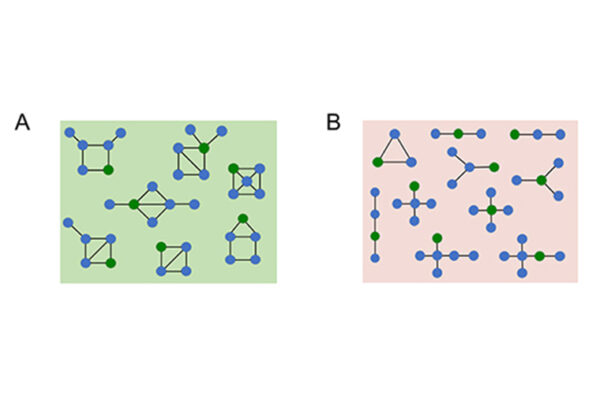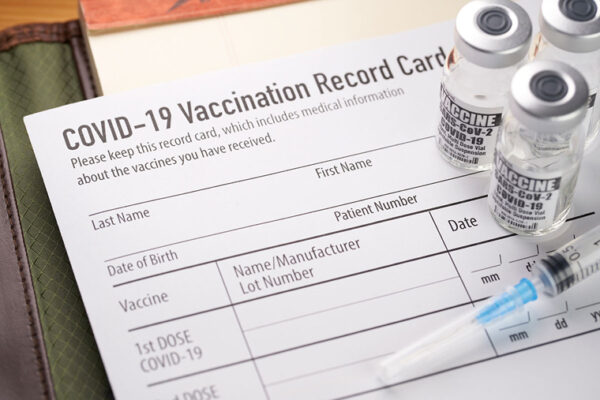Distilling 70 years’ worth of data
Research from the lab of Jonathan Silva at the McKelvey School of Engineering leveraged computational models to analyze 70 years of arrhythmia-related data.
COVID-19 vaccine elicits antibodies in 90% taking immunosuppressants
Nearly 90% of people taking immunosuppressants to treat autoimmune conditions produce an antibody response to COVID-19 vaccination, but the response is weaker than those generated by healthy people, according to a study by researchers at Washington University School of Medicine.
Veis named editor-in-chief of musculoskeletal research journal
Deborah Veis, MD, PhD, professor of medicine in the Division of Bone and Mineral Diseases at the School of Medicine, has been appointed the next editor-in-chief of the Journal of Bone and Mineral Research Plus. Her five-year term begins Sept. 1.
NIH awards nearly $2M to Huebsch for study
The McKelvey School of Engineering’s Nathaniel Huebsch will use a nearly $2 million grant from the National Institutes of Health (NIH) to study hypertrophic cardiomyopathy, the most common cause of sudden death in young people.
Oxygen-delivering hydrogel accelerates diabetic wound healing
A new, drug-free technology developed in the lab of Jianjun Guan at the McKelvey School of Engineering helps speed up the healing process of diabetic wounds.
‘Unprecedented opportunity’ to understand neurovascular recovery after stroke
A team from the McKelvey School of Engineering and the School of Medicine will use a $3.12 million grant to improve brain imaging to better understand stroke recovery.
Adolescents living in U.S. but born elsewhere have higher rates of suicide ideation
As tensions continue to run high in the Middle East, a new study from the Brown School finds that adolescents from the conflict-affected region who are residing in the United States have lower levels of resilience and a heightened risk of suicide ideation compared to their American-born peers.
Neurons in visual cortex of the brain ‘drift’ over time
New research from physicists in Arts & Sciences reveals that neurons in the visual cortex — the part of the brain that processes visual stimuli — respond differently to the same kind of stimulus over time.
Apply for a SPORE in Leukemia grant
Applications are being accepted for the Specialized Programs of Research Excellence (SPORE) in Leukemia Career Enhancement Program. Interested junior researchers should apply by Sept. 15.
Why do short-lived lung infections lead to long-lasting lung damage?
Researchers at Washington University School of Medicine have found clues to how lung damage develops in the aftermath of a respiratory infection. The findings, published in the Journal of Clinical Investigation, reveal potential interventions to prevent such chronic lung damage.
Older Stories









